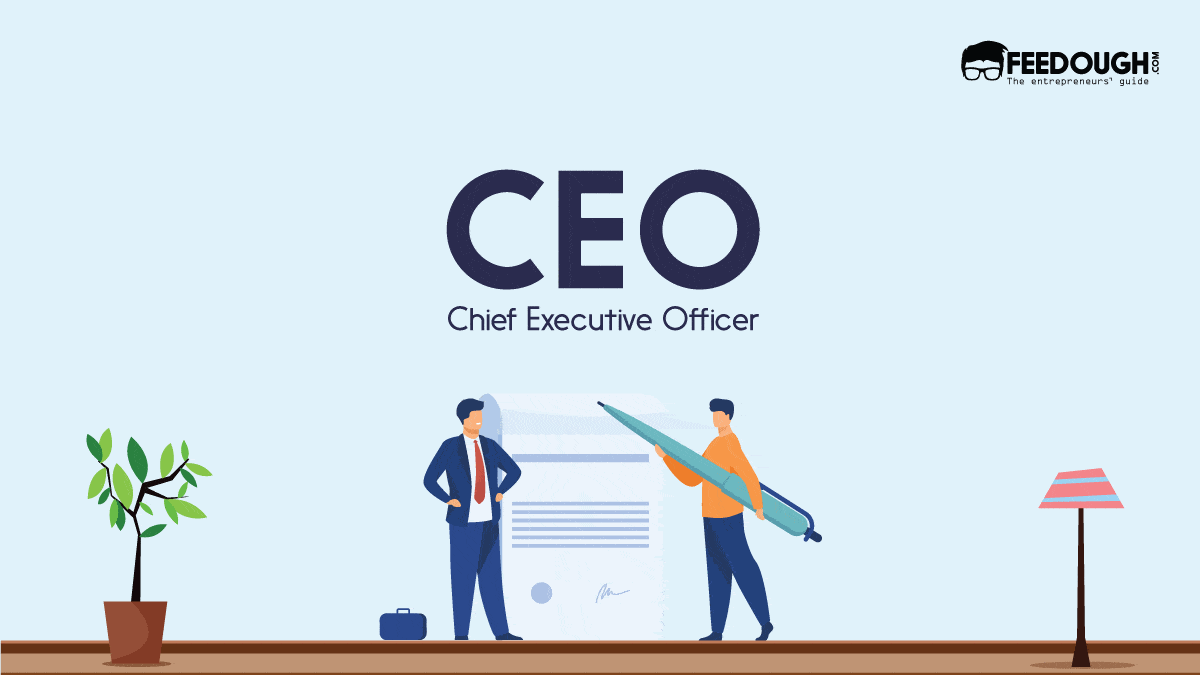One of the most important items on a CEO's checklist is setting clear goals for the company. These goals should be specific, measurable, attainable, relevant, and time-bound. Communicating these goals to the team is crucial to ensure that everyone is working towards the same objectives.
Another important item on the checklist is building a resolute team. The success of a CEO is dependent on the strength of their team. Hiring the right people and providing them with the necessary training and resources is crucial. It is also essential to foster a culture of collaboration and accountability to ensure that everyone is working together towards the common goal.
Managing finances is another important item on the CEO's checklist. This includes creating a budget, monitoring cash flow, and making strategic investments. It is essential to be able to read and interpret financial statements to make informed decisions.
Developing a marketing strategy is also crucial for a CEO. Understanding the target audience, creating a brand identity, and developing a content marketing strategy are all essential elements of this item on the checklist.
Staying up to date on industry trends and innovations is another important item on the CEO's checklist. Attending conferences, reading industry publications, and networking with other industry leaders are all ways to stay competitive.
Managing risk effectively is also an important item on the checklist. Identifying potential risks, developing contingency plans, and implementing risk mitigation strategies are all essential elements of this item.
Fostering innovation is another important item on the CEO's checklist. Encouraging creativity and experimentation and providing resources for research and development are all ways to stay ahead of the competition.
Managing time effectively is crucial for a CEO. With a lot of responsibilities and limited time, it is essential to prioritize the most important tasks.
Building relationships with customers, investors, and other stakeholders is also an important item on the CEO's checklist. Attending networking events, engaging on social media, and participating in industry groups are all ways to build relationships.
Finally, a CEO must be committed to continuously learning and growing. Seeking out new knowledge and experiences and being open to feedback and constructive criticism are essential elements of this item on the checklist.
In conclusion, a CEO's checklist is an essential tool for success. By setting clear goals, building a resolute team, managing finances, developing a marketing strategy, staying up to date on industry trends, managing risk, fostering innovation, managing time effectively, building relationships, and continuously learning, a CEO can lead their company to success.
Here are 20 things you need to do to be a successful CEO:
1. Develop and communicate a clear vision and strategy.
2. Build and maintain a strong leadership team.
3. Set ambitious but realistic performance goals.
4. Build and maintain strong relationships with stakeholders.
5. Foster a culture of innovation and continuous improvement.
6. Make data-driven decisions based on analysis.
7. Develop a deep understanding of the industry and competition.
8. Build and maintain a strong reputation.
9. Build and maintain a diverse and inclusive workplace.
10. Manage financial performance and resources.
11. Develop and implement risk management strategies.
12. Build and maintain strong governance.
13. Continuously monitor and improve efficiency.
14. Drive innovation and creativity.
15. Build and maintain a strong brand identity.
16. Develop relationships with investors and stakeholders.
17. Build a strong corporate social responsibility program.
18. Foster a culture of ethics and integrity.
19. Develop a growth mindset for innovation and improvement.
20. Invest in employee and organizational development.




-1.png)







0 Comments